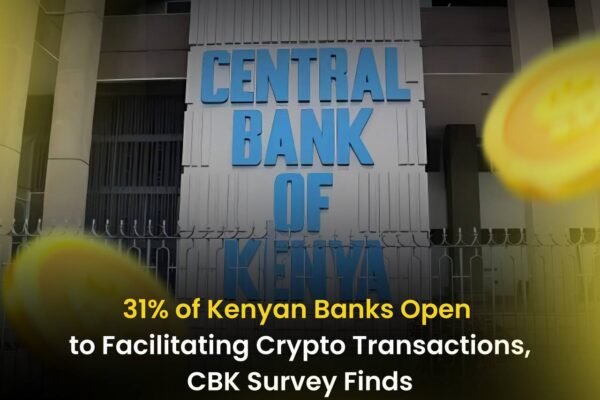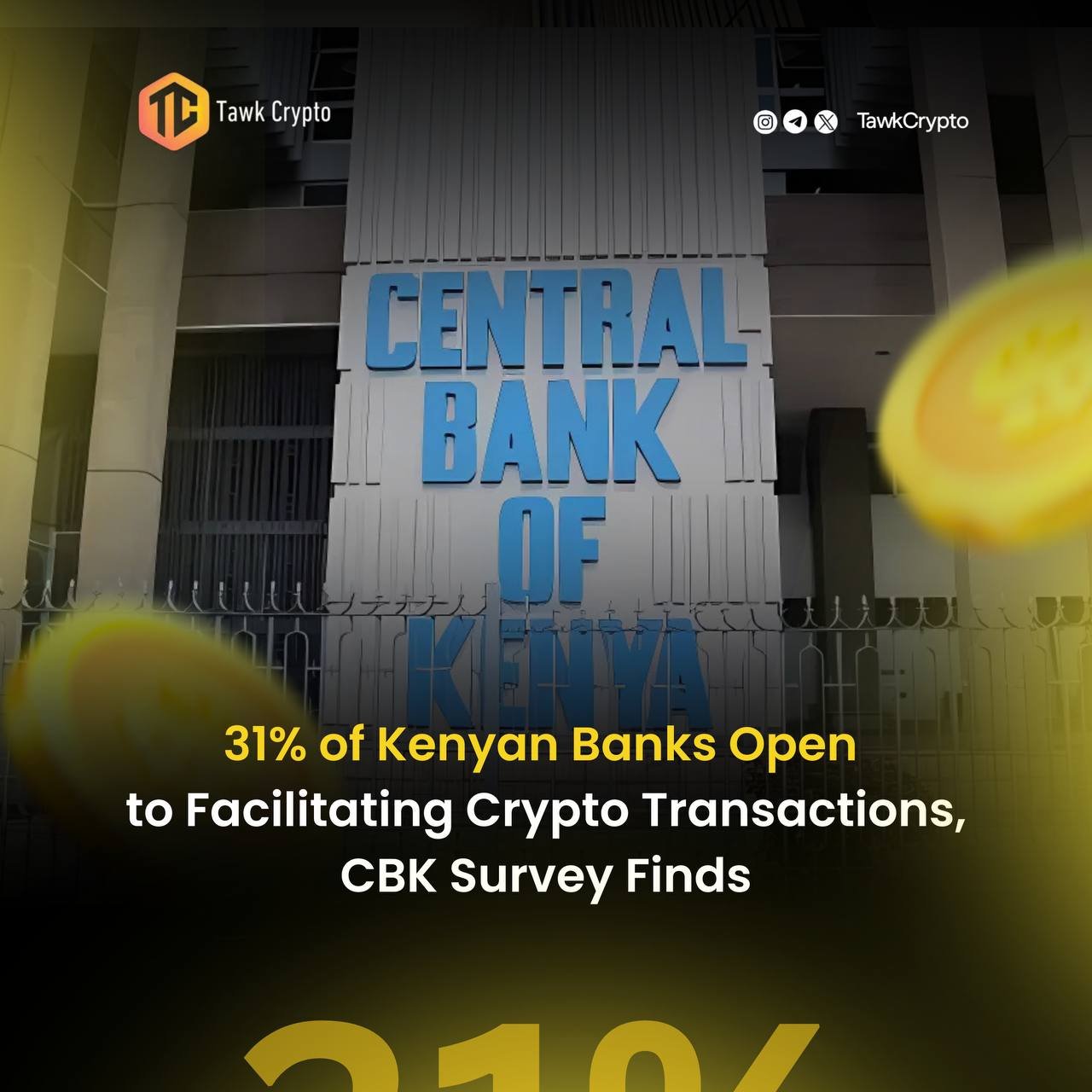

Bank of Botswana Urges Cryptocurrency Regulation Amid Minimal Domestic Risks
The Bank of Botswana has called for robust cryptocurrency regulations, citing global market misconduct and financial crime risks as key concerns. While the local cryptocurrency sector poses minimal threats to the country’s financial stability, the increasing integration of crypto assets into the global financial system could create potential systemic risks in the future.
In its latest report, the central bank stated:
“Domestically, risks emanating from crypto assets are minimal, but ongoing misconduct in the segment presents regulatory concerns. Regulators therefore need to develop effective oversight frameworks for the sector.”
Financial Crime Risks Highlighted
One of the top concerns raised by the Bank of Botswana is the potential use of digital payment platforms and cryptocurrencies for money laundering and terrorist financing. The bank identified this issue as one of the top five national security risks stemming from the financial sector.
“The evolution of digital platforms and digital payment instruments that promote anonymity of transactions presents an opportunity for money laundering in the financial sector,” the bank noted.
The report emphasized the complexity of financial technology, which enables illicit funds to be transferred across borders with minimal detection risk.
To mitigate these risks, the Bank of Botswana urged regulators to ensure that Virtual Asset Service Providers (VASPs), such as crypto exchanges, adhere to strict Anti-Money Laundering (AML) and Counter-Terrorist Financing (CTF) regulations. It also called for enhanced market surveillance and closer collaboration with law enforcement to detect and prevent illegal activities.
Progress in Crypto Regulation
Botswana has made strides in regulating cryptocurrencies. In early 2022, lawmakers passed a bill to oversee the trading of cryptocurrencies and digital tokens. Later that year, the Non-Bank Financial Institution Regulatory Authority (NBFIRA) issued the country’s first VASP license to YellowCard, a leading Africa-focused crypto on- and off-ramp platform.
Despite these advancements, the Bank of Botswana has continued to issue cautionary statements regarding cryptocurrency use. In its 2022 guidance, it observed:
- Crypto assets like Bitcoin lack a specific legal or regulatory framework.
- Participants should exercise due diligence before engaging in crypto activities.
- Many crypto-related activities may involve scams or pyramid schemes.
- Referring to crypto assets as “currencies” is misleading, as they do not exhibit key monetary fundamentals.
- The bank offers no recourse for fraud, misconduct, or financial losses involving crypto assets.
Concerns Over Technology and AI in Financial Markets
Beyond cryptocurrencies, the Bank of Botswana expressed concerns about the impact of artificial intelligence (AI) on financial markets. It highlighted how AI-driven algorithmic trading strategies, programmed to reduce risk during periods of high volatility, could exacerbate market instability by causing sudden liquidity shortages.
The opacity and complexity of AI models also present challenges for regulators, particularly in the less-regulated non-bank financial sector. This lack of transparency could hinder supervisory efforts, increasing the risks of market disruptions.
Looking Ahead
As cryptocurrencies and financial technologies continue to evolve, the Bank of Botswana is advocating for proactive measures to address emerging risks. While the domestic crypto market is relatively contained, the central bank’s emphasis on effective oversight frameworks underscores the importance of preparing for future challenges.
Botswana’s regulatory approach, highlighted by the issuance of VASP licenses and ongoing legislative developments, could position the country as a leader in managing cryptocurrency risks in Africa. However, the need for vigilance remains, especially in the face of rapid technological advancements like AI.
For now, stakeholders in Botswana’s crypto ecosystem are encouraged to prioritize compliance, education, and collaboration to ensure the sector’s growth aligns with financial stability and security objectives.







